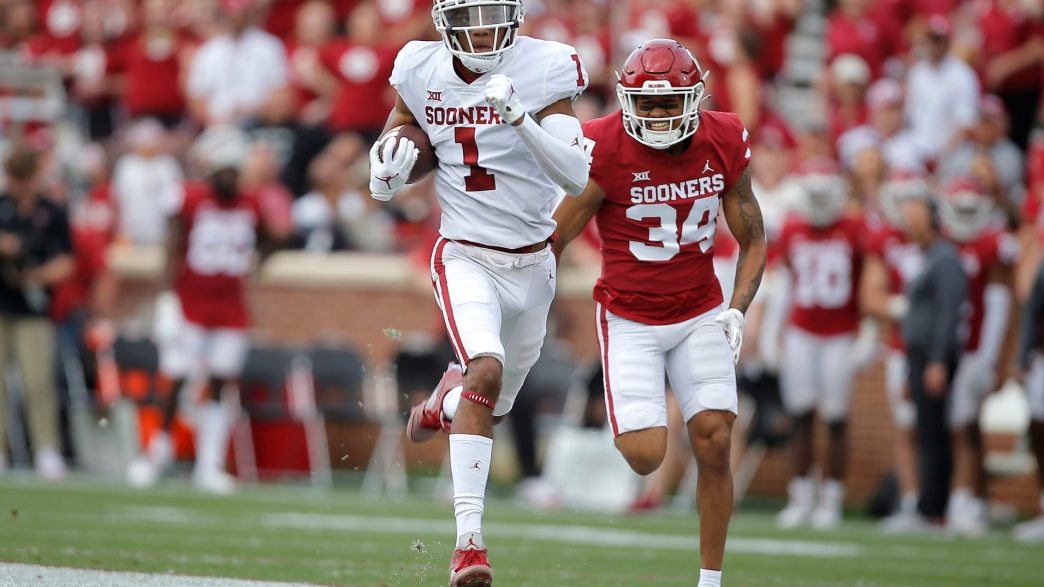College football is once again on the cusp of a significant transformation, and this time, it’s the beloved spring game tradition that finds itself under scrutiny.
In recent weeks, an increasing number of prominent universities have made the decision to forgo their annual spring games. While some institutions are opting for a modified “showcase,” others are completely scrapping the event. This trend is resonating across the country, with universities seemingly dropping the spring game like a hot potato as if to signal the end of an era.
So, what’s driving this curious shift away from a long-standing college football custom? Let’s dive into the factors behind this evolving landscape.
Playoff Expansion and Scheduling Pressures
The recent expansion of the College Football Playoff from four to twelve teams has introduced a range of challenges for programs, especially those deep in the tournament. Just look at Ohio State, which had to battle their way through four additional games to claim the title. With head coach Ryan Day highlighting the rigors of such a demanding schedule, he noted, “When you look at the NFL model and they’re playing the number of games that they play in the NFL, we just played 16 games. To think that we can continue with the same spring game or spring practice model, I think is asking for trouble.”
It’s clear: college athletes are faced with increased exhaustion after marathon seasons, and expecting those teams to efficiently pull off a meaningful spring game just months later borders on unrealistic.
The Tampering Concerns
Adding another layer to this discussion is the looming specter of player tampering. Nebraska’s head coach Matt Rhule was among the first to point out this concern when he announced the cancellation of their spring game. “The word ‘tampering’ doesn’t exist anymore,” he remarked. “It’s just an absolutely free, open common market.” With spring games often televised nationally—especially for schools like Nebraska with substantial fan bases—there’s a genuine fear of showcasing talent to those looking to poach players.
Florida’s Billy Napier echoed similar concerns during a national signing day event, expressing the dilemma of either facing potential tampering or managing a disappointed fan base over the lack of a spring game. Even if some teams remain steadfast in their commitment to the event, the reality of illegal recruitment tactics reverberates throughout discussions in coaching circles.
Adding to this complexity is the fact that spring games count against the limited fifteen practices teams are allowed during that period. With valuable training time at a premium, it’s only rational for some schools to prioritize practice over a faux game day spectacle.
As we look ahead, one thing is abundantly clear: in this new age of college football, the tradition of the spring game seems to be fading into the background. Whether driven by the grueling demands of an expanded playoff or the strategic maneuvering necessitated by player retention, the landscape of college football is evolving, and fans might soon be left reminiscing about the days when spring games were a staple of the football calendar.







